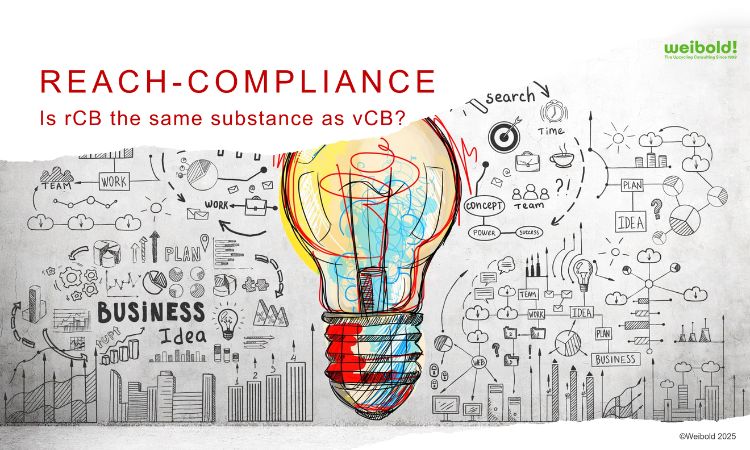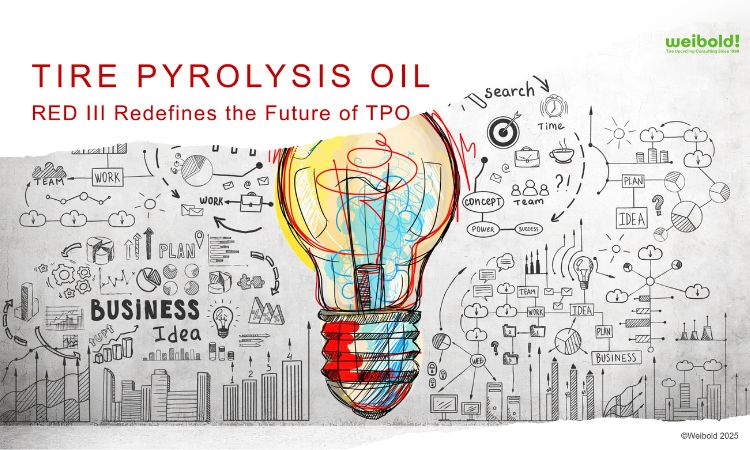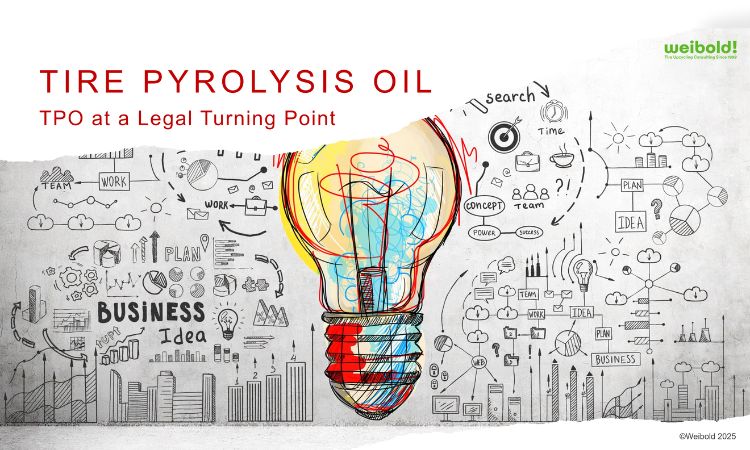
Weibold Academy: Recovered carbon black – useful carbon beats perfect carbon
For much of its commercial development, ELT pyrolysis has been framed primarily as a liquid-oriented business. Process design, commercial discussions, and investor narratives have traditionally focused on oil yield optimization and gas utilization. Solid char, despite representing roughly 30–35% of the original tire mass, was often treated as a secondary output with limited strategic relevance. As global ELT pyrolysis capacity expands, this view is increasingly misaligned with operational reality. Char volumes are no longer marginal; they are structural. Managing char in a credible, scalable, and economically defensible manner has become a prerequisite for long-term project viability. In this sense, char is no longer a by-product to be addressed post hoc, but a core design parameter that must be integrated into project development from the outset.












